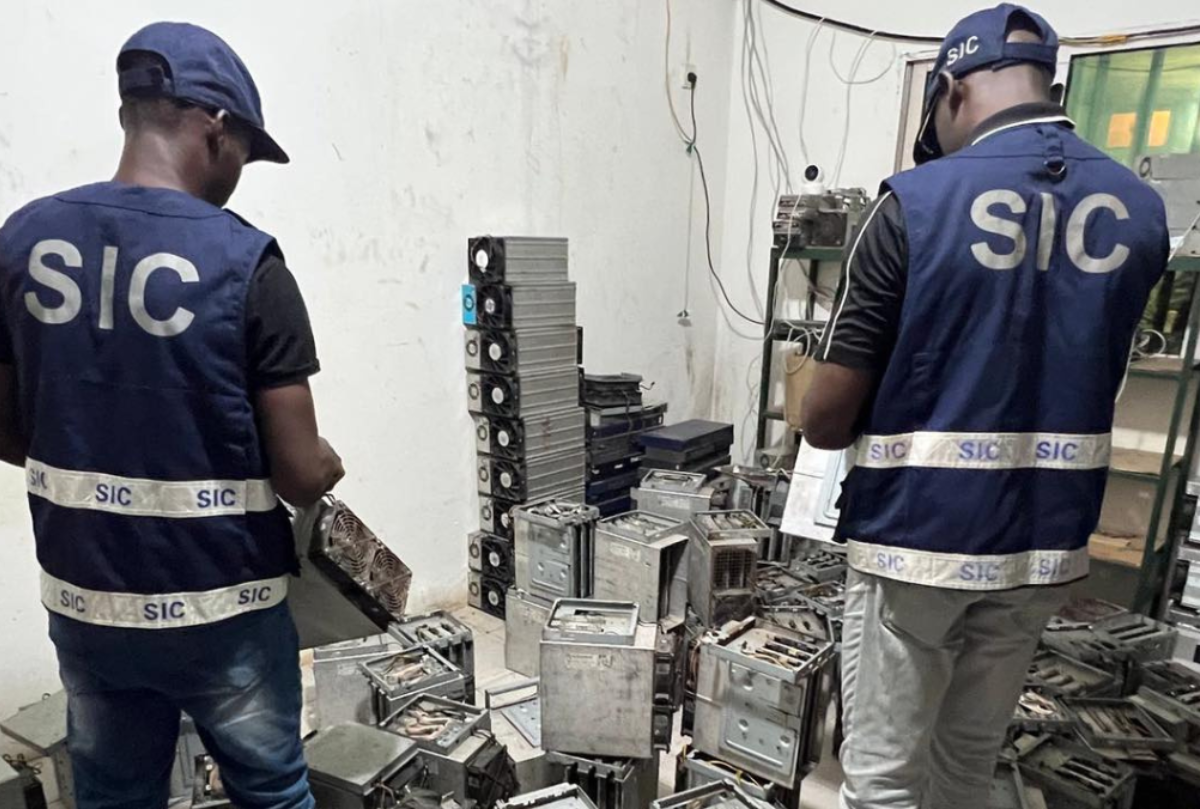Cybercrime Costs Africa $3B Annually, INTERPOL Flags Legal Gaps
The report highlights how gaps in legal cooperation and fragmented judicial frameworks are leaving the continent exposed to fast-evolving online threats.

Africa is losing an estimated $3 billion each year to cybercrime, according to INTERPOL’s 2025 Africa Cyberthreat Assessment Report. The report highlights how gaps in legal cooperation and fragmented judicial frameworks are leaving the continent exposed to fast-evolving online threats.
While digital adoption has surged—driving growth in mobile banking, e-commerce, and fintech—the report warns that cross-border cybercrime remains one of the most pressing security and economic challenges. Over two-thirds of African law enforcement agencies surveyed confirmed that cyber-dependent and cyber-enabled crimes now account for a medium to high share of all reported criminal activity.
INTERPOL points to slow and underutilized Mutual Legal Assistance (MLA) processes, mismatched digital evidence standards, and jurisdictional disputes as critical barriers. These issues, compounded by limited access to data from foreign-based platforms, often cause delays in investigations and prosecutions.
The report also stresses that only a handful of African countries have ratified key conventions such as the Budapest Convention on Cybercrime or the African Union’s Malabo Convention, leaving most without harmonized legal tools to pursue cross-border criminals.
INTERPOL warns that without streamlined cooperation frameworks, Africa will struggle to keep pace with emerging threats like AI-driven fraud, synthetic media abuse, and large-scale ransomware attacks. It calls for urgent action to strengthen judicial systems, harmonize cybercrime laws, and accelerate intelligence-sharing across borders.
Despite these challenges, there are positive signs. Countries such as Nigeria, Tunisia, and Burkina Faso have recently updated their cybercrime laws, while regional operations coordinated under INTERPOL’s Africa Joint Operation Against Cybercrime (AFJOC) have demonstrated that effective cross-border collaboration can disrupt cybercriminal networks.
The report concludes that Africa’s ability to reduce its $3 billion cybercrime bill will depend on bridging the legal cooperation gaps that allow cybercriminals to exploit jurisdictional blind spots.






